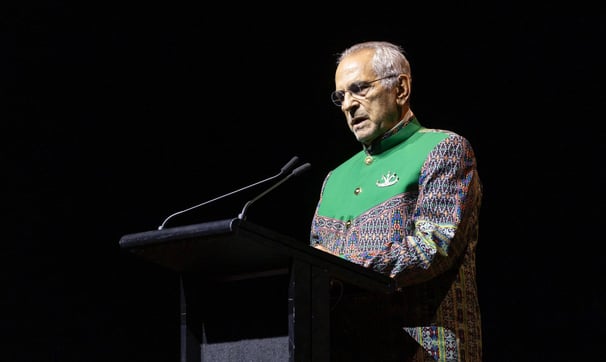The Presidency: Head of State and National Leadership
GOVERMENT


The President of the Republic serves as the Head of State and is elected by popular vote for a five-year term. The current President, H.E. José Ramos-Horta, assumed office in 2022 for his second term, bringing extensive experience in international relations and national leadership.
The President of the Republic serves as the Head of State and is elected by popular vote for a five-year term. The current President, H.E. José Ramos-Horta, assumed office in 2022 for his second term, bringing extensive experience in international relations and national leadership. President Ramos-Horta, a Nobel Peace Laureate, previously served as President from 2007 to 2012 and has been instrumental in Timor-Leste's international recognition and development.
The presidential role, while largely ceremonial, carries significant moral authority and constitutional responsibilities that impact the business environment. The President serves as the guarantor of national independence and unity, oversees the regular functioning of democratic institutions, and acts as Supreme Commander of the Armed Forces. These responsibilities contribute to national stability, which is fundamental for business confidence and investment security.
Key presidential functions that affect the business environment include the promulgation of laws and decrees, which ensures that legislation passed by Parliament becomes effective. The President also has the power to dissolve the National Parliament under specific circumstances, though this power is rarely exercised and serves primarily as a constitutional safeguard. The appointment and dismissal of the Prime Minister and other government members, following parliamentary results, ensures that the executive branch reflects the democratic will of the people.
The President's role in representing Timor-Leste internationally is particularly important for businesses engaged in international trade or seeking to establish regional operations. Presidential visits and diplomatic initiatives can open new markets, establish trade relationships, and create opportunities for business expansion. The President's exercise of veto power over legislation, which can be overridden by Parliament, provides an additional check on the legislative process that can affect business regulations.